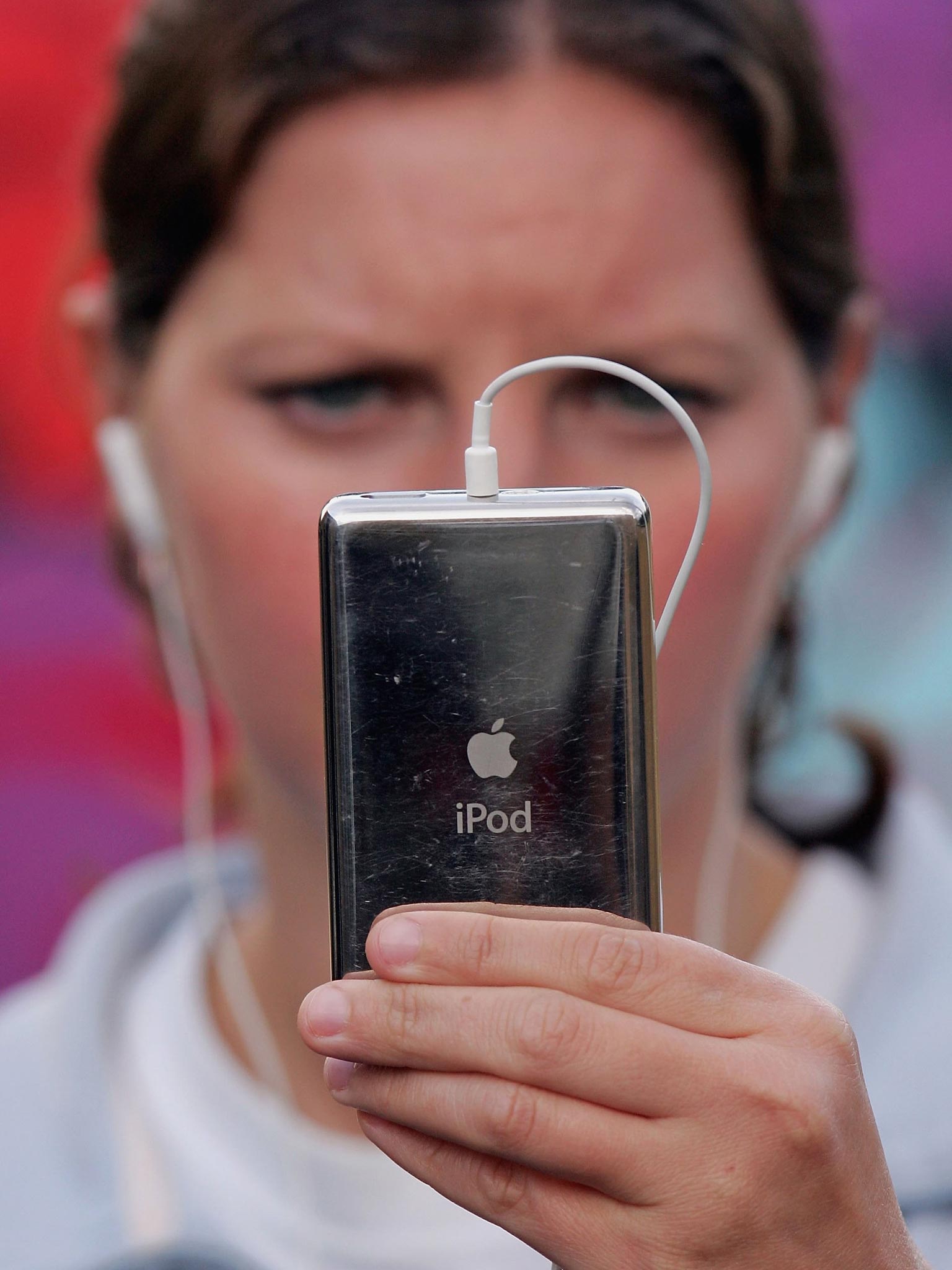Ian Burrell: Radio Festival is all ears about the future of podcasts in a world dominated by visuals
The Media Column

The podcast is 10 years old. Media technology has developed so quickly in the decade since these audio blogs first took off that the term podcasting almost sounds like an artisanal craft from a bygone age.
It dates from an era before the smartphone, when the iPod was the gadget on every teenager’s Christmas list.
But while it may no longer be a buzzword on the lips of tech tastemakers, it’s a platform that has endured and successful British podcasters such as comedian Richard Herring now attract loyal audiences running into six figures.
Extraordinarily, Britain’s most popular film show is an audio product: Mark Kermode and Simon Mayo’s Film Review podcast from the BBC. Former political adviser Matt Forde brilliantly podcasts an inside track on Westminster in The Political Party. And The Football Ramble has shown for seven years what this platform can do with smart observations on the not very beautiful game.
Radio Festival, the annual radio industry event which opens today at the MediaCityUK complex in Salford, will try to determine whether podcasting has a viable future in a world increasingly dominated by visuals.
Freedom from the screen is a key to the podcast’s ongoing appeal. You can listen while walking or cycling or riding on a bus, and the rise of the smartphone versus the iPod has only expanded the potential audience. Older listeners have embraced the technology. But, 10 years on, it’s a medium that is still struggling to demonstrate commercial viability.
Herring, who will address the Radio Festival in a talk titled “Making Money Out of Podcasts”, admits that when he started in the game, he was constantly told by comedy colleagues: “You’re not getting paid – what’s the point?”
In fact, his recordings have changed his working life. His Leicester Square Theatre podcast, in which he talks with comedy guests, is recorded in front of a paying audience. His podcasting drives fans to his stand-up tours and has led to him being booked on shows such as Never Mind The Buzzcocks and Have I Got News for You, from which he felt excluded as a humble radio comedian.
He hopes to monetise his 150,000-strong audience by donations. “If everyone gave £1 a year, I could do whatever I wanted,” Herring says.
His latest project, Richard Herring’s Meaning of Life, cost him £25,000, which he will partly recoup by charging £15 for a longer video series of six, 90-minute shows.
Herring remains wary of taking advertising money, fearing how listeners would react. There is a “punk-rock ethos” to podcasting, he says, where audiences feel reassured by a lack of the editing they encounter in television and radio shows.
The Bugle, made by John Oliver – the Brummie satirist who now has his own show on HBO – and Andy Zaltzman, regularly pulls an audience of 250,000 and has run to more than 270 editions. According to Zaltzman, who has a live show, Satirist for Hire, loyal “Buglers” who follow the current-affairs-based podcast are more committed fans than any radio audience would be.
“It’s because it’s an active process; you have to go out of your way to listen to it,” he says.
A Radio Festival session titled “Podcasting: Big for a 10-year-old” will feature Zaltzman’s sister, Helen, who makes the Answer Me This podcast, and Roo Reynolds who audio blogs on young fatherhood in Beardy Dads. Session host Peter Curran, whose company, Foghorn, produces podcasts, emphasises the appeal of taking ideas direct to the public without subjecting them to the whims of commissioning editors.
In essence, podcasting shares strengths with the internet; ease of production, lack of editorial control and global reach. Its portability is perfectly suited to modern lifestyles unsatisfied by mono-tasking. It also has the qualities that have enabled radio to survive the growth of TV.
But this might not be enough. On Tuesday in south London, YouTube will hold its spectacular Brandcast event, mostly for advertisers. The Google-owned video giant is anxious that media professionals have a better appreciation of the content their children are watching on the platform. This explains the huge ad campaign YouTube has been running on TV and in London Tube stations highlighting the likes of Zoe Suggs (aka make-up and beauty sensation Zoella, who has 6 million subscribers on her YouTube channel) and The Slow Mo Guys (that’s video-camera specialists Gavin Free and Daniel Gruchy, who have 4.5 million).
Herring, 47, has been watching YouTube star Miranda Sings (2 million subscribers for ironic pop videos which provoke angry comments from unwitting viewers) but he describes this approach as “more of a young generation thing”.
The very concept of radio is becoming outdated. The term now is “audio”, reflecting the role of the internet in carrying the content.
Special guests at the Radio Festival include the internet entrepreneur Martha Lane Fox, Google UK entertainment chief Richard Lewis and online current-affairs network Vice News, another star of that YouTube campaign.
“We’re trying to reflect the audio landscape as it currently is, rather than just seeing it through the traditional radio lens,” says festival chair Chris Burns, head of group operations for BBC network radio.
None of this means the podcast is about to pop its clogs. In fact, buoyed by the popularity of Radio 4 offerings from Melvyn Bragg’s In Our Time to Kirsty Young’s Desert Island Discs, BBC podcasting has racked up 24 million downloads since August and is at an all-time high.
Subscribe to Independent Premium to bookmark this article
Want to bookmark your favourite articles and stories to read or reference later? Start your Independent Premium subscription today.

Join our commenting forum
Join thought-provoking conversations, follow other Independent readers and see their replies